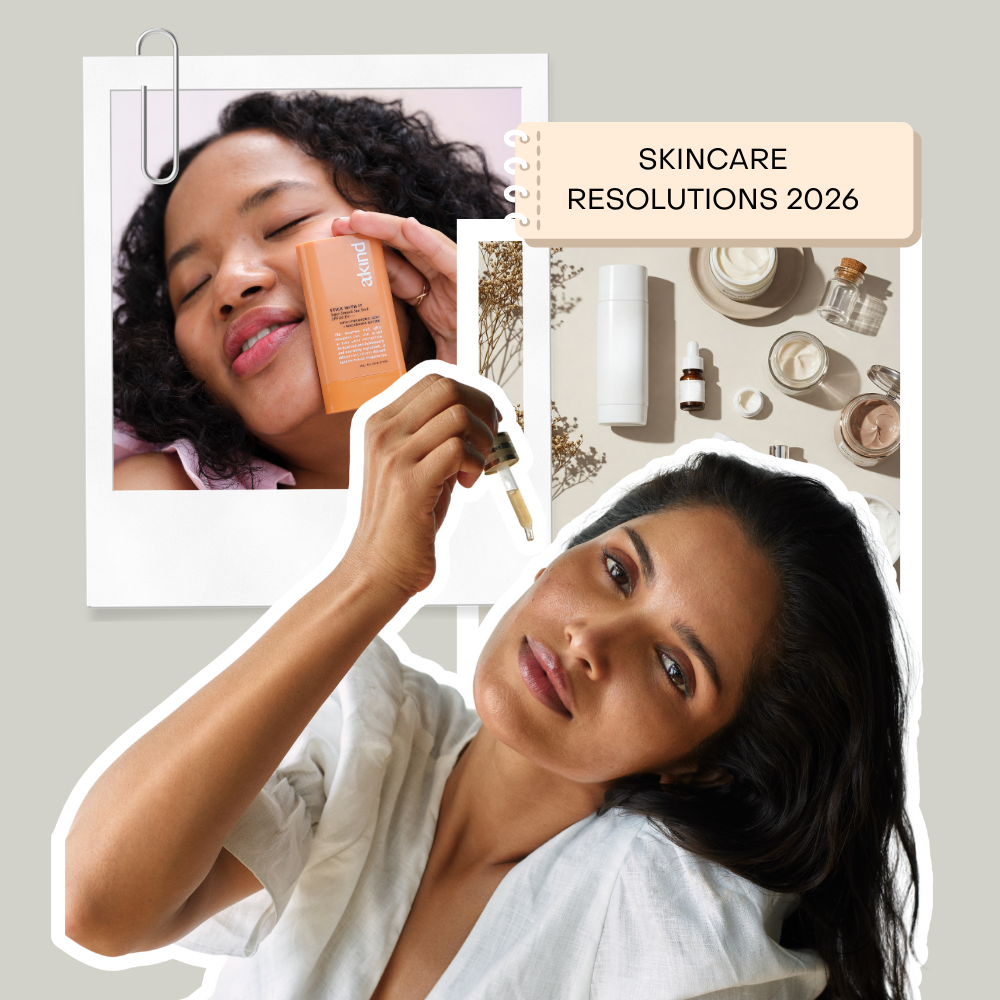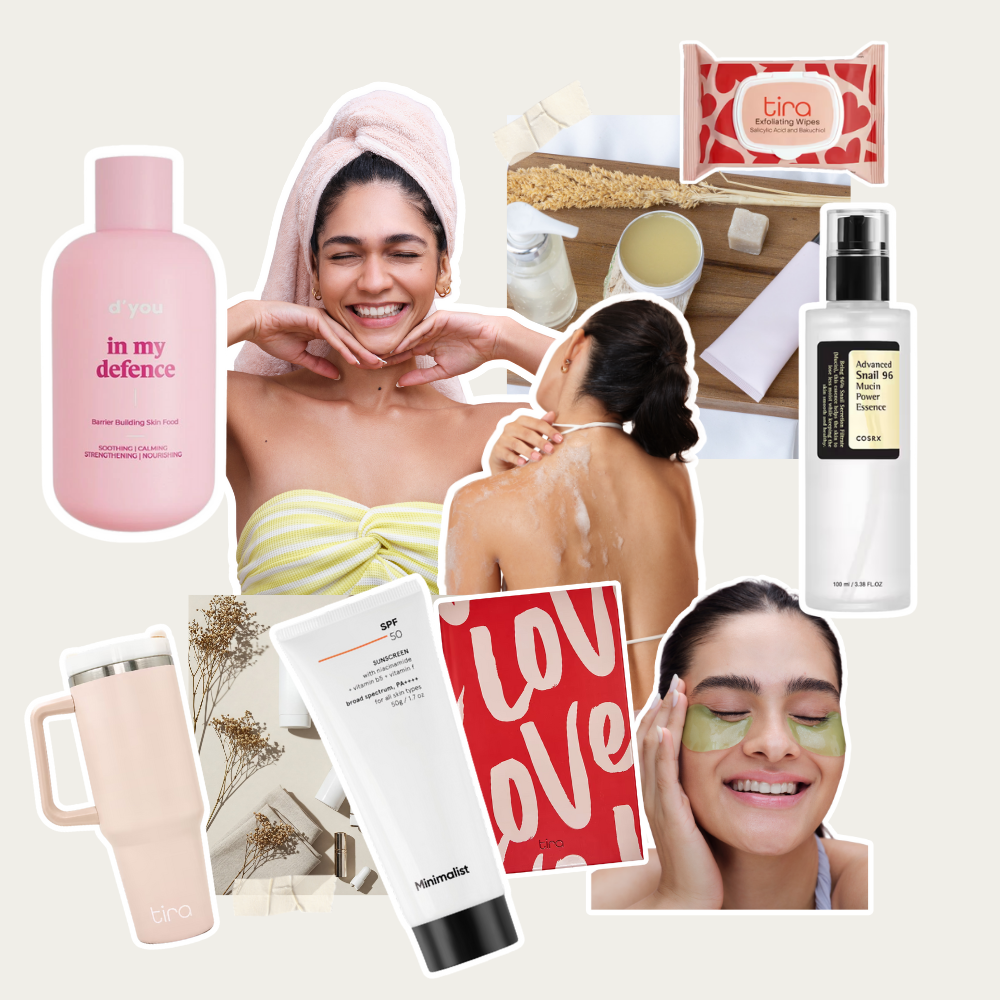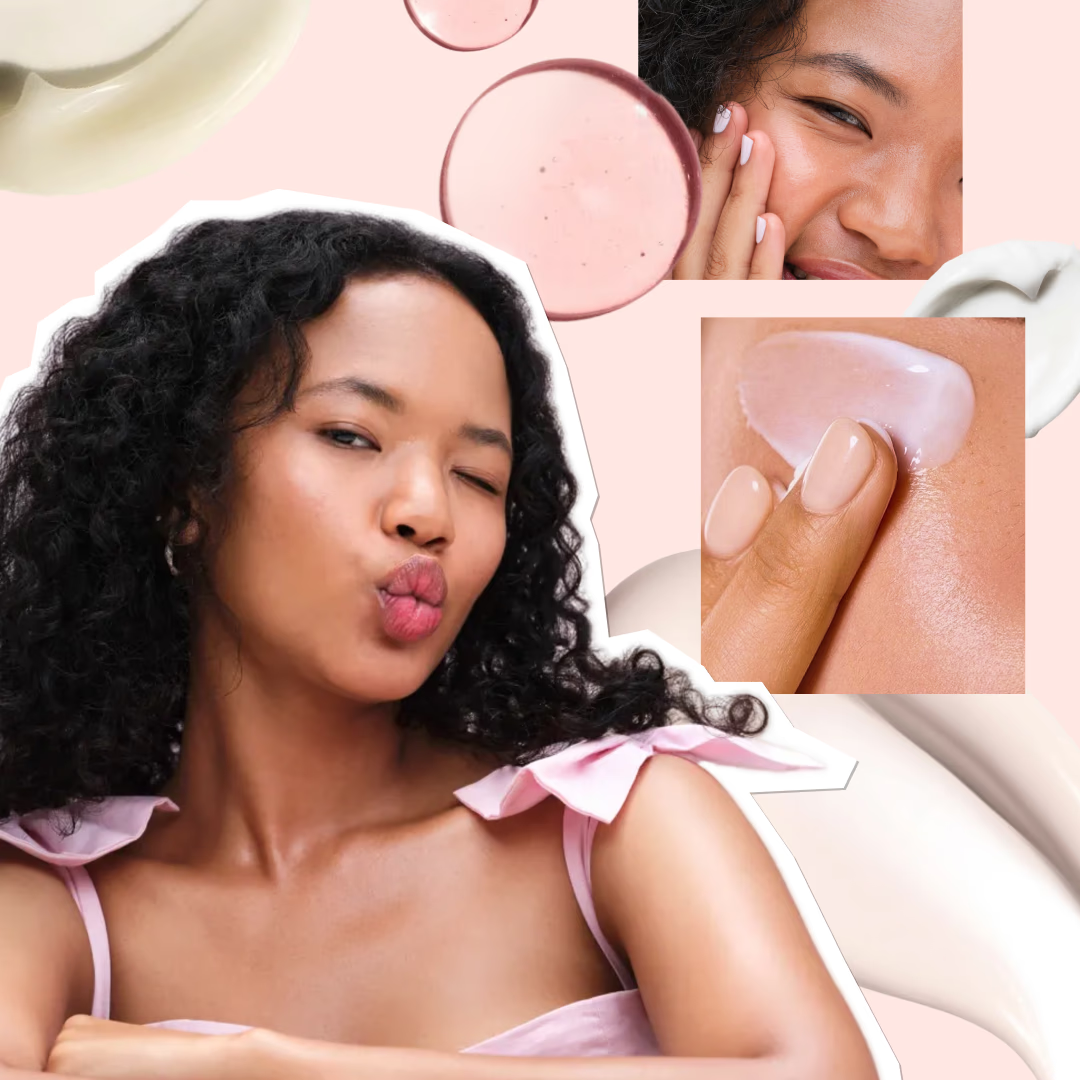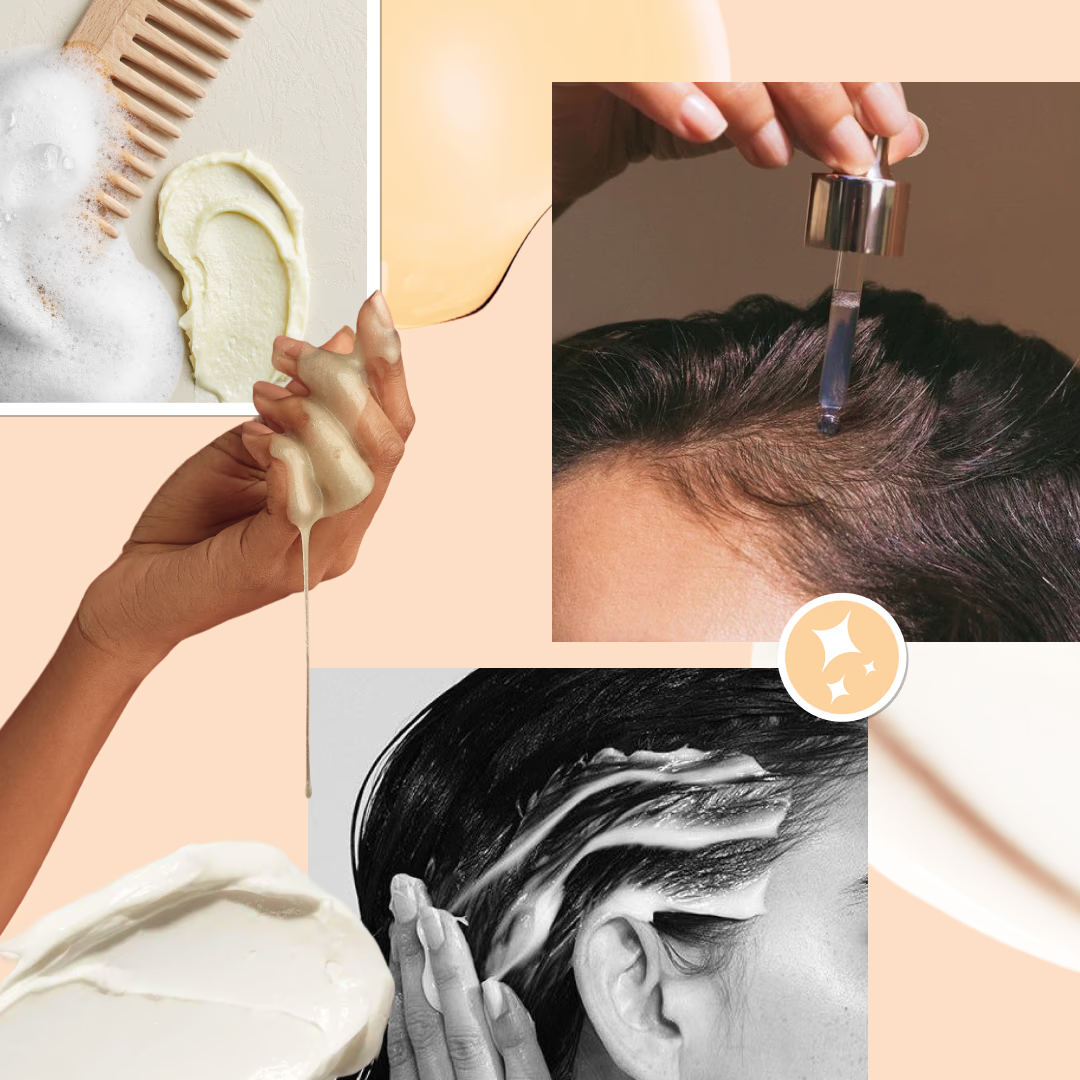
A cleanser is easily the one thing a daily skincare ritual could never do without. Not only does it break down and wash away dirt and sebum, but also leaves your skin feeling refreshed in the AM, and before bed after a long day out. Depending on your skin type, you can benefit from powder-, gel-, cream-, foam- or oil-based cleansers on the shelves today, leaving you with a myriad options to choose from. But which one should you pick for oily skin, which texture benefits dry skin, how do you find a balancing cleanser for the combination skin type—these are just a few of the questions that can pop up in one’s head when looking for the right product. Ahead, we tell you what each type of cleanser does and what you need to keep in mind before adding it to your routine.

1. Foam-based cleansers
The main character in skincare ASMR videos—a foam cleanser creates a rich lather when mixed with water. Compared to other types of cleansers, these are often preferred by people with oily or combination skin because foam-based cleansers tend to be lighter, less greasy and more effective in removing excess oil from your skin. Additionally, because foam cleansers create a thick lather, they can work to remove impurities more thoroughly.
USP:
Foam cleansers are often formulated with active ingredients like salicylic acid or tea tree oil, ingredients that can also help manage acne-prone skin.
FYI:
A person with dry skin can find foam cleansers a bit drying as they can strip away some moisture, which dry skin already lacks.
Tira recommends:
COSRX AC Collection Calming Foam Cleanser
Aqualogica Glow+ Mousse Hydrating Foam Face Cleanser
2. Gel-based cleansers
Formulated with a combination of water and gelling agent like carbomer or xanthan gum, gel-based cleansers have a distinctive texture. They are often lightweight and non-greasy, making for an ideal choice for people with oily or combination skin. They tend to be super gentle—hence, suitable for those with sensitive skin as well.
USP:
Gel cleansers are often used as the second step in a double cleansing routine, after using an oil-based cleanser to remove makeup and other impurities. They can be used on their own or in combination with other skincare products to help improve the overall health of your skin.
FYI:
Gel cleaners do not disturb the skin’s natural moisture barrier. This can prevent dryness and irritation, which some other types of cleansers may cause.
Tira recommends:
Caudalie Vinopure Purifying Gel Cleanser
The Face Shop Tea Tree Pore Clarifying Gel Cleanser
3. Cream-based cleansers
With a creamy, lotion-like texture, these are formulated with emollients and moisturisers—such as plant oils or fatty acids. Cream-based cleansers help soothe and hydrate the skin, especially if it’s dry. A boon for sensitive skin, they cleanse without making your skin feel tight. Instead, it’s moisturising and less drying than some other cleansers.
USP:
One of the major benefits of cream-based cleansers is that they can help maintain the natural moisture barrier that is essential for healthy, hydrated skin. They can also help calm and soothe irritated skin that arises from conditions such as eczema or rosacea.
FYI:
These can also double up as quick clarifying masks. Just make sure to wipe the product off with a damp cloth or rinse with warm water.
Tira recommends:
The Body Shop Vitamin E Cream Cleanser
First Aid Beauty Pure Skin Face Cleanser
4. Oil-based cleansers
Believe it or not, cleansing oils are excellent at dissolving and removing makeup, dirt and impurities from the skin. They attract, break down and wash away any debris on the skin’s surface. Excellent for dry or sensitive skin, they are typically gentler and less stripping.
USP:
A great benefit of oil-based cleansers is that they can help balance the skin’s natural oils. Therefore, they’re an ideal choice for those with oily or acne-prone skin as well.
FYI:
When used as the first step of a double cleansing routine, oil cleansers effectively remove waterproof makeup, sunscreen and other hard-to-remove products.
Tira recommends:
Klairs Gentle Black Deep Cleansing Oil
CLINIQUE Take The Day Off Cleansing Balm
5. Powder-based cleansers
They come in a dry, powdered form and are activated with water to create a lather. Powder-based cleansers are typically made with gentle exfoliating agents such as rice bran, oatmeal or enzymes, which help remove dead skin cells and impurities from the skin’s surface. These are versatile, as different forms of powder-based cleansers can benefit various skin types and concerns.
USP:
They are gentle on the skin as they provide mild exfoliation—and are suitable for sensitive or acne-prone skin. They are also travel-friendly, owing to their lightweight and compact packaging.
FYI:
Powder-based cleansers can also be combined with other liquids such as honey, yoghurt or toner for a more intensive treatment.
Tira recommends:
ClayCo adzuki beans + Koji Rice Foaming Face Powder
By Wishtrend Green Tea & Enzyme Powder Wash
6. Micellar cleansing water
Micellar water uses tiny micelles (tiny oil molecules) to attract and remove dirt, oil and makeup from the skin’s surface. They are typically water-based and do not require further rinsing with water. Micellar cleansers are popular for their convenience and ease of use.
USP:
They can be used as a pre-cleanse step to remove makeup and other impurities before using a traditional cleanser.
FYI:
While micellar cleansers are effective in removing most makeup, they may be less effective at removing heavy, waterproof products.
Tira recommends:
Bioderma Sensibio H2O Micellar Water Sensitive Skin Makeup Remover Pump Bottle






































